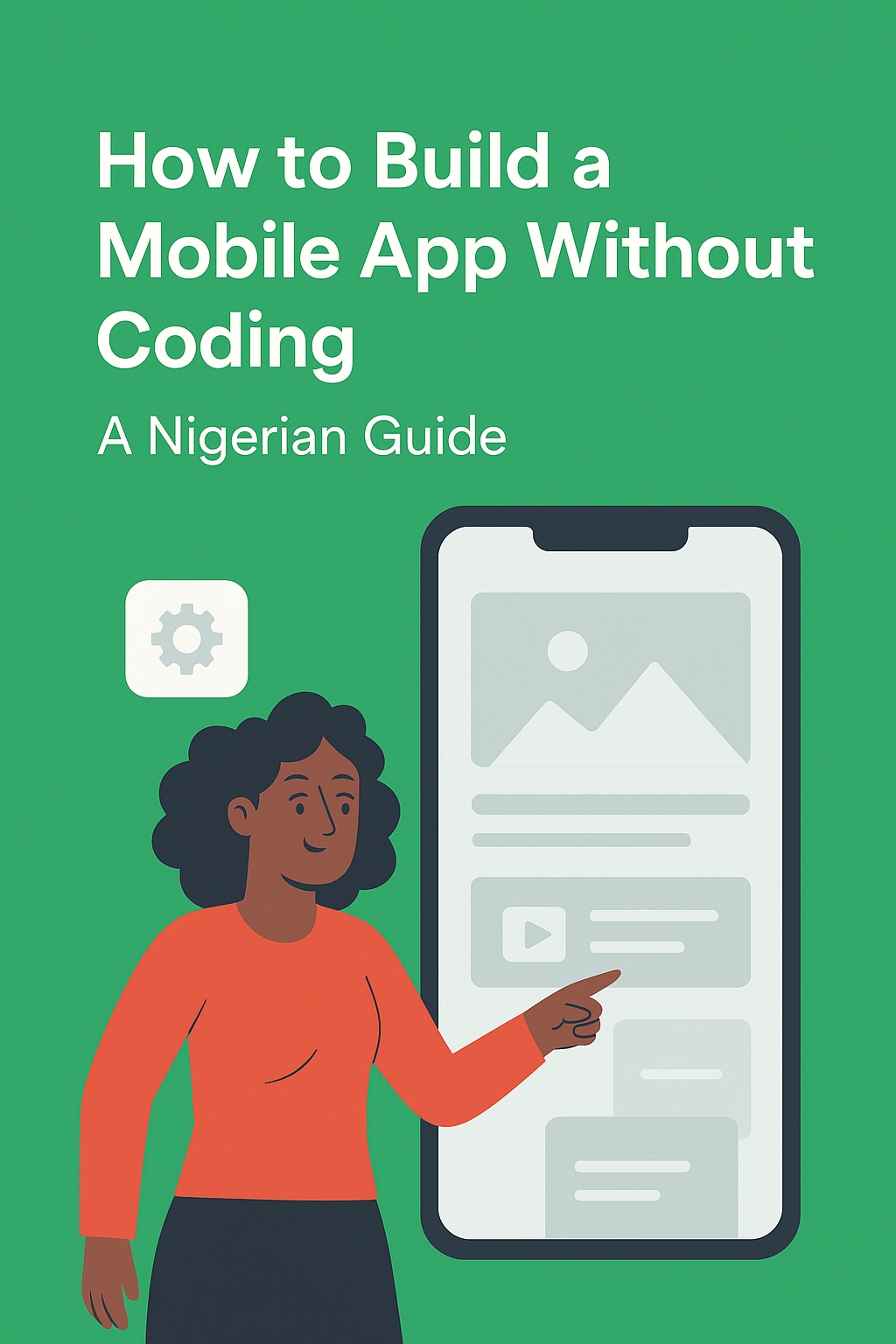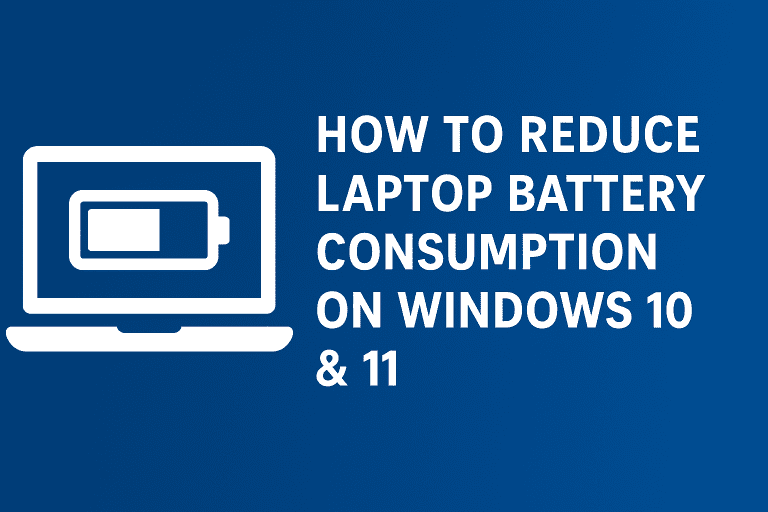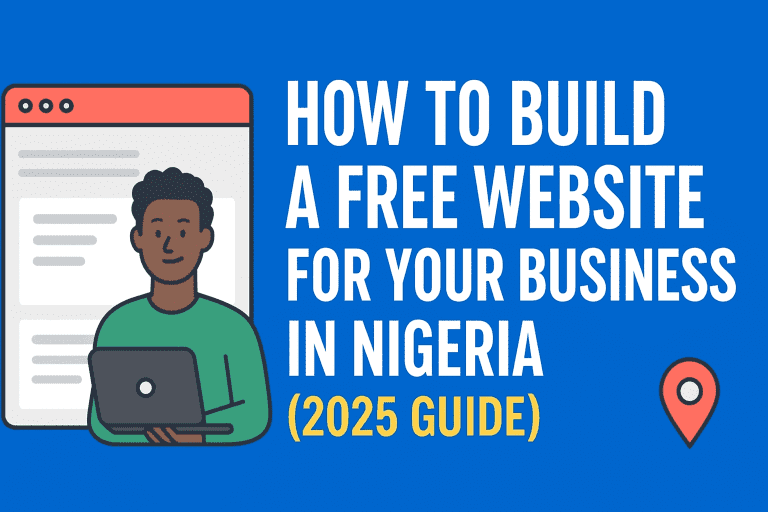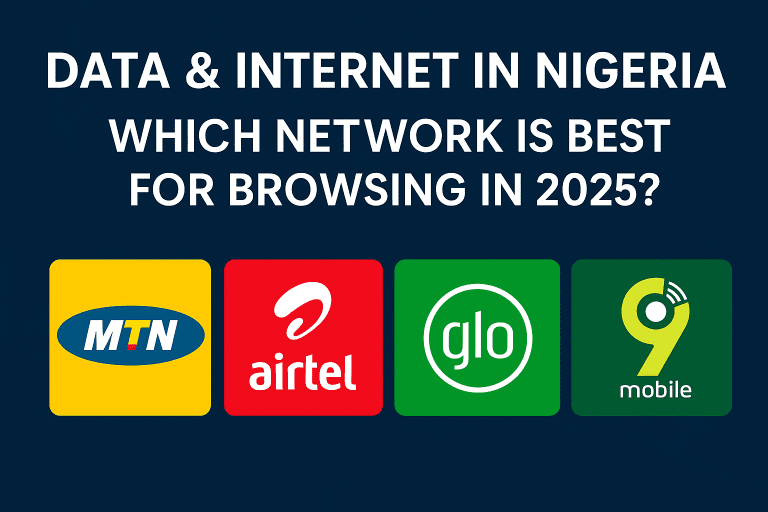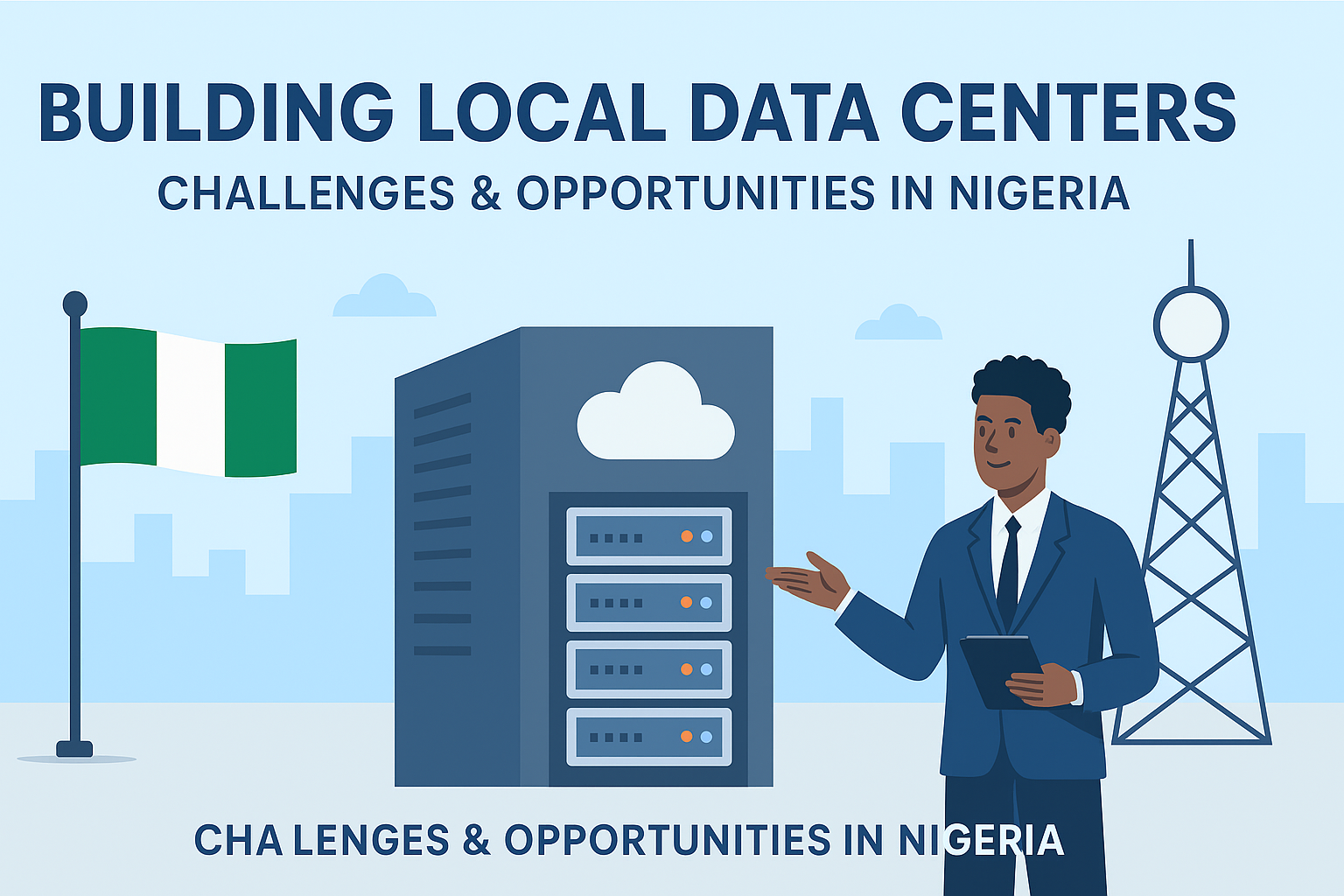How to Build a Mobile App Without Coding: The 2025 Nigerian Entrepreneur’s Guide
Why Nigerians Should Embrace No-Code App Development
The Nigerian tech ecosystem is booming. With over 220 million people and a rapidly growing digital economy, opportunities for mobile apps are endless. From fintech and e-commerce to education and entertainment, Nigerians are increasingly relying on apps for daily life.
But here’s the challenge: building a mobile app traditionally requires coding skills—and most Nigerians don’t have access to the time, resources, or expensive training to learn advanced programming.
That’s where no-code app development platforms come in. These tools allow entrepreneurs, students, and small businesses to build functional, professional apps without writing a single line of code.
This guide will show you:
- What no-code development is and why it matters in Nigeria
- The best no-code platforms for Nigerians in 2025
- How to design your app with ease
- Steps to publish your app on Google Play Store & Apple App Store
- Practical marketing strategies for Nigerian entrepreneurs
By the end, you’ll be fully equipped to start building your mobile app—no coding required.
Read also: 5 Reasons Your Business Needs a Mobile App in Today’s Market
Understanding No-Code Development
No-code development is a new way of creating mobile apps using drag-and-drop interfaces, visual workflows, and pre-designed templates.
Instead of typing long lines of code, you design your app’s structure visually. The platform then automatically generates the code in the background.
Benefits of No-Code Development in Nigeria
- Accessibility – Anyone can create an app, even without tech skills.
- Cost Savings – Hiring developers can cost ₦1,000,000+; no-code platforms slash expenses.
- Speed – Build and launch an app in days instead of months.
- Flexibility – Update and improve your app anytime without paying developers.
- Innovation – Nigerian entrepreneurs can quickly test business ideas without risk.
Types of Apps You Can Build
- E-commerce apps for online shopping
- Ride-hailing apps (like Bolt, but niche-specific)
- Fintech wallets or savings apps
- Event management apps
- Customer service & CRM apps
- Education & e-learning apps
The possibilities are endless—limited only by your creativity.
Choosing the Right No-Code Platform in Nigeria
There are dozens of no-code platforms worldwide, but not all are beginner-friendly or suitable for Nigerians. Below are the best platforms for 2025:
1. Adalo
- Best for: Entrepreneurs who want sleek, visually appealing apps.
- Pros: Easy to use, integrates databases, supports native mobile features.
- Cons: Pricing can be expensive at higher tiers.
2. Bubble
- Best for: Complex web or hybrid apps with advanced features.
- Pros: Extremely flexible, customizable.
- Cons: Steeper learning curve, beginners may feel overwhelmed.
3. Thunkable
- Best for: Nigerians focused on mobile-first apps.
- Pros: Drag-and-drop simplicity, good for Android & iOS apps.
- Cons: Limited scalability for advanced apps.
4. Glide
- Best for: Quick prototypes and apps powered by Google Sheets.
- Pros: Simple, fast, beginner-friendly.
- Cons: Not ideal for heavy apps with advanced logic.
Pro Tip: Start small. If you’re a beginner in Nigeria, try Glide or Thunkable. If you’re ready for more advanced projects, explore Bubble or Adalo.
Read also: How to Start a WhatsApp E-commerce Store in Nigeria (2025 Guide for Entrepreneurs)
Step-by-Step: How to Design Your App With No-Code Tools
1. Define Your App Idea
Ask yourself:
- Who is my target audience in Nigeria?
- What problem does my app solve?
- What unique feature will make my app stand out?
2. Use Templates to Save Time
Most platforms offer ready-made templates for:
- Online stores
- Social media apps
- Booking apps
- Delivery apps
Customise them instead of starting from scratch.
3. Focus on User Experience (UX)
- Navigation: Make it simple and intuitive.
- Colours: Nigerians love vibrant palettes—green, yellow, red, and blue.
- Language: Use English, Pidgin, or Hausa/Yoruba/Igbo depending on your audience.
- Branding: Ensure consistency with your website and social media.
4. Add Core Features
Examples:
- E-commerce app: Product catalogue, shopping cart, payment gateway.
- Taxi app: Driver profiles, ride-booking system, GPS integration.
- Education app: Video lessons, quizzes, progress tracking.
5. Test Your App Before Launch
Ask friends or a small focus group in Nigeria to test the app and give feedback.
Publishing Your App in Nigeria
Publishing on Google Play Store
- Create a Google Play Developer Account (₦10,000 one-time fee).
- Upload your APK file.
- Fill in details (app name, description, screenshots).
- Submit for review (usually 2–5 days).
Publishing on Apple App Store
- Enrol in the Apple Developer Program ($99 yearly fee).
- Upload your app through Xcode or App Store Connect.
- Pass Apple’s strict review process.
Tip for Nigerians: Most local users are on Android, so start with the Google Play Store before moving to Apple.
Marketing Your App in Nigeria
Launching your app is just step one—marketing determines success.
1. Leverage Social Media
- Create content on Facebook, Twitter, Instagram, and TikTok.
- Use hashtags like #MadeInNigeria #NaijaTech.
- Share customer testimonials and success stories.
2. Partner With Influencers & Bloggers
Work with Nigerian tech bloggers, YouTubers, and local influencers to spread awareness.
3. Use WhatsApp for Promotion
- Create a WhatsApp Business account.
- Send updates, promos, and new features to your audience.
- Add a direct download link.
4. Run Paid Ads (If Budget Allows)
- Facebook & Instagram Ads for Nigerian audiences.
- Google Ads targeting local keywords.
5. Attend Tech Events in Nigeria
- Lagos Tech Fest
- Abuja Startup Week
- Kano Digital Innovation events
Networking exposes your app to real users and investors.
6. Collect & Act on Feedback
Use reviews from Nigerians to improve features, fix bugs, and boost retention.
Read also: The Importance of Websites for Political Candidates: Building Trust, Engagement, and Support Online
Common Mistakes to Avoid
- Skipping market research – Know your Nigerian audience.
- Overloading features – Start simple, then expand.
- Ignoring design – Nigerians love sleek, modern-looking apps.
- Not budgeting for marketing – Even the best app fails without promotion.
Conclusion: The Future of No-Code in Nigeria
In 2025, the demand for mobile apps in Nigeria will only grow. Thanks to no-code platforms, entrepreneurs no longer need to spend millions or learn to code to create world-class apps.
By choosing the right platform, focusing on user needs, and marketing strategically, you can build a successful mobile app from Kano to Lagos to Port Harcourt—without ever writing a single line of code.
Now is the time to act. Your app idea could be the next big thing in Nigeria’s digital economy.
Turn Your App Idea Into Reality With ENGRMKS & CO.
At ENGRMKS & CO., we help Nigerian entrepreneurs and businesses succeed in the digital space through web design, app development, and digital strategy solutions.
Whether you want to launch a WhatsApp store, create a mobile app, or redesign your business website, we’ve got you covered.
Let’s bring your vision to life today.
???? Email us at engrmks@gmail.com to get started!


